- IDP China>
- 课程库>
- 人文科学>
- 地域、民族、文化和性别研究>
- 种族,文化和性别研究>
- Certificate of Proficiency in Community Change Studies (Laney College)
Certificate of Proficiency in Community Change Studies (Laney College)

学历文凭
Advanced Certificate

专业院系

开学时间

课程时长

课程学费

国际学生入学条件
IDP—雅思考试联合主办方

雅思考试总分
6.0
- 雅思总分:6
- 托福网考总分:61
- 托福笔试总分:160
- 其他语言考试:NA
CRICOS代码:
申请截止日期: 请与IDP联系 以获取详细信息。
课程简介
相关申请
 预科
预科 奖学金
奖学金 实习机会
实习机会 在校学习
在校学习 跨境学习
跨境学习 校园授课-线上开始
校园授课-线上开始 在线/远程学习
在线/远程学习
开学时间&学费
学费信息仅供参考,请与IDP联系以获取详细信息
| 开学时间 | 时长 | 学费 | 地点 |
|---|
关于佩拉尔塔社区学院区

佩拉尔塔社区学院区(PCCD)在美国加州拥有四个学院。伯克利城市学院、阿拉米达学院、莱尼学院和梅里特学院,各学院都为就读学生提供大量不同课程。PCCD提供的社区学院课程可转至哈佛、加州大学、洛杉矶和加州大学伯克利分校等四年制学位课程。同时也提供80多门不同的职业与技术教育课程,为寻求直接进入职场的学生提供专业培训与直接支持。四个学院有3万多名来自世界90多个不同国家的学生就读。每学期学院都举办各种趣味学生活动,包括前往世界知名的约塞米蒂国家公园露营之旅、国际欢迎晚宴等众多活动。这些活动为学生提供了融入学院、结交新友并让加州成为家外之家的极好机会。PCCD因其可为大量不同学生群体提供卓越、实践式教育而倍感自豪。学院的学费低于传统美国大学,同时为60%的学生提供经济资助。学院有学生身心健康委员会、精神卫生支持及危机支持服务等大量健康服务。PCCD也帮助学生寻找住宿、提供签证培训以及咨询服务支持。
本校相关课程

美国手语艺术副学士(伯克利城市学院)
学历文凭
Associate Degree
开学日期
课程费用总额

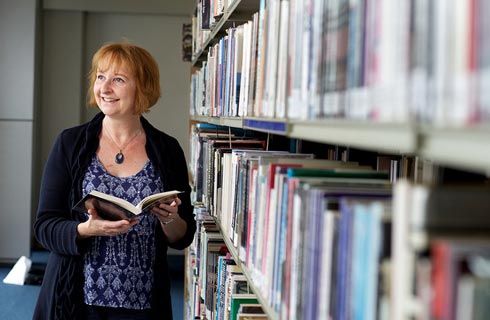
Associate in Arts for Transfer in Anthropology (Berkeley City College)
学历文凭
Associate Degree
开学日期
课程费用总额


艺术艺术学士学位(伯克利学院)
学历文凭
Associate Degree
开学日期
课程费用总额

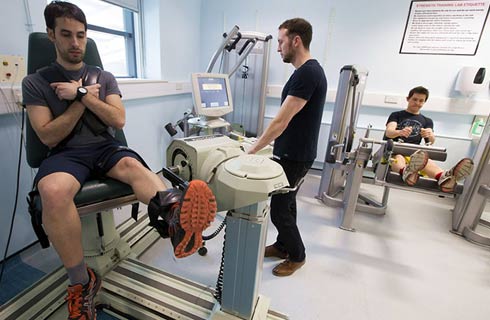
艺术史学士学位(伯克利城市学院)
学历文凭
Associate Degree
开学日期
课程费用总额

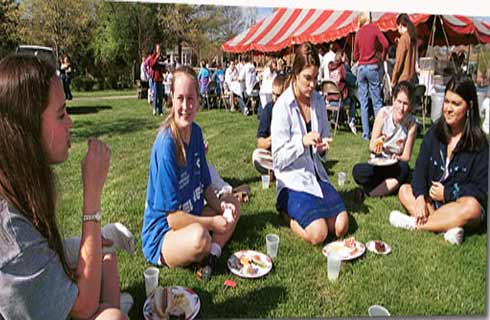
艺术成绩证书:人物研究(伯克利城市学院)
学历文凭
Advanced Certificate
开学日期
课程费用总额

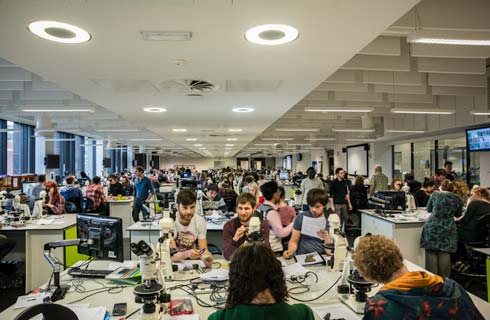
公共艺术成绩证书(伯克利城市学院)
学历文凭
Advanced Certificate
开学日期
课程费用总额

其他相关课程
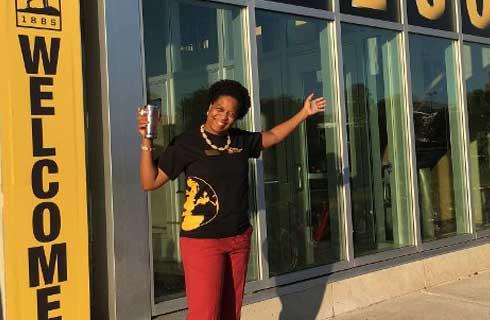
民族研究文学学士学位
 夏威夷大学马诺阿分校
夏威夷大学马诺阿分校学历文凭
Bachelor Degree
开学日期
课程费用总额


妇女和性别研究文学硕士(非洲研究)
 卡尔顿大学
卡尔顿大学泰晤士高等教育世界大学排名:511
学历文凭
Masters Degree
开学日期
课程费用总额


Bachelor of Arts in Race and Resistance Studies
 旧金山州立大学
旧金山州立大学学历文凭
Bachelor Degree
开学日期
课程费用总额


Bachelor of Arts in American Studies
 德克萨斯大学达拉斯分校
德克萨斯大学达拉斯分校学历文凭
Bachelor Degree
开学日期
课程费用总额


Bachelor / Master of Arts in Modern Culture and Media
 布朗大学
布朗大学泰晤士高等教育世界大学排名:65
学历文凭
Combined Baccalaureate and Master's Prog
开学日期
课程费用总额

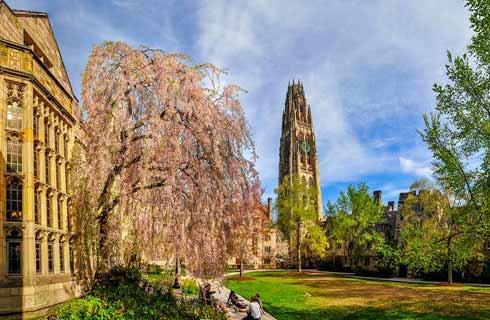
Bachelor of Arts in Human Development - Women's Development
 加州州立大学东湾分校
加州州立大学东湾分校学历文凭
Bachelor Degree
开学日期
课程费用总额










